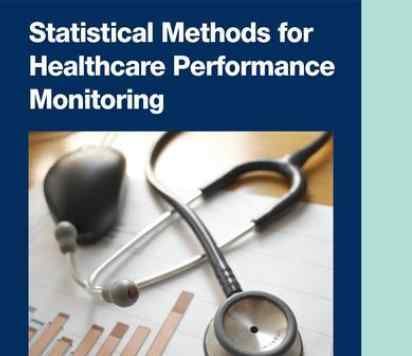BibTex format
@article{Cecil:2018:10.1136/bmjqs-2018-008364,
author = {Cecil, EV and Wilkinson, S and Bottle, R and Esmail, A and Vincent, C and Aylin, P},
doi = {10.1136/bmjqs-2018-008364},
journal = {BMJ Quality and Safety},
pages = {974--981},
title = {A national hospital mortality surveillance system: a descriptive analysis},
url = {http://dx.doi.org/10.1136/bmjqs-2018-008364},
volume = {27},
year = {2018}
}
